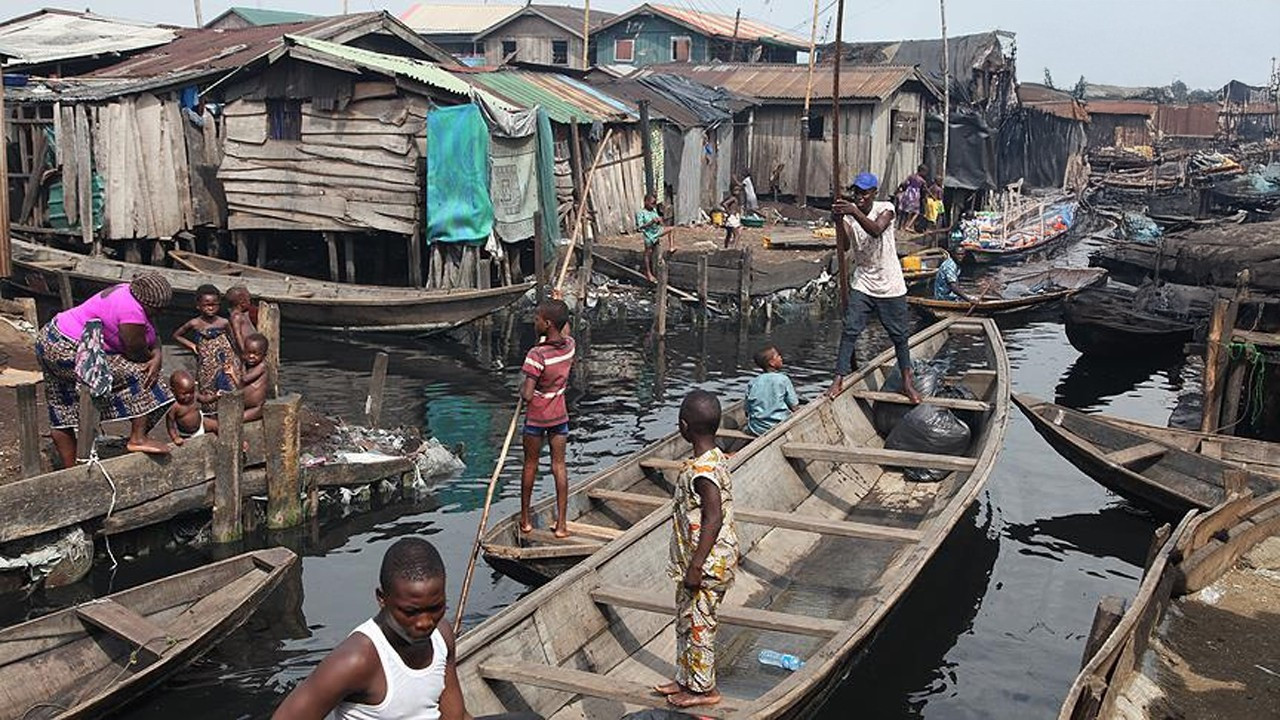In Nigeria, the most populous country in Africa and a significant oil producer globally, over 85 million people lack access to electricity. This situation highlights the deep-rooted problems in the country's energy infrastructure and the reflection of an energy crisis.
Nigerian House of Representatives Speaker Tajudeen Abbas, in a statement made at the "Third Technology Ecosystem Dialogue Summit" held in the capital Abuja, emphasized the severity of the current energy crisis. Within the framework of the existing energy crisis in the country, more than 60 million generators are in use. These generators not only produce environmentally harmful emissions but also constitute a significant financial burden for the people in the country.
The cost of the energy crisis is estimated at approximately 22 billion dollars annually. This is a result of Nigeria's current electricity distribution and generation system being insufficient and an indication that the public has not been able to find a solution appropriate for the times to meet its energy needs.
Despite being a country rich in natural resources, Nigeria is experiencing a significant energy deficit due to the lack of sustainable energy policies. In this context, the use and development of renewable energy sources are of critical importance. Renewable energy solutions can play a significant role in both reducing environmental impacts and lowering energy costs.
The government and private sector initiatives urgently need to find innovative solutions to overcome this fluctuation. Otherwise, meeting the energy demands of Nigeria's growing population will become increasingly difficult every day. Therefore, evaluating local and global collaborations and investment opportunities is of great importance.
⚖️ Yasal Uyarı:Bu içerik yatırım tavsiyesi niteliği taşımaz. Yatırımlarınızla ilgili kararlarınızı kendi araştırmalarınız ve risk profilinize göre almanız önerilir.
Nigeria




















.png)